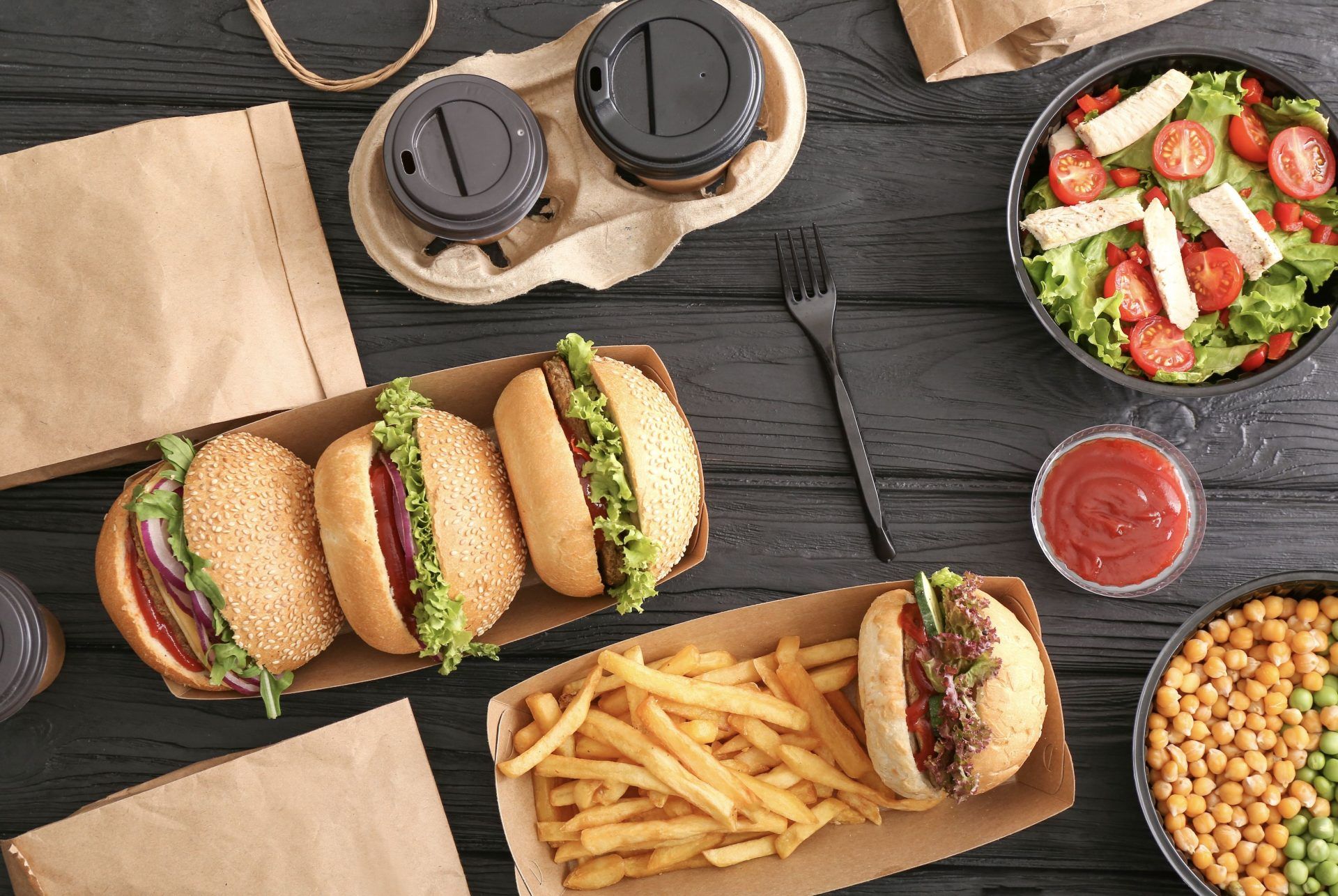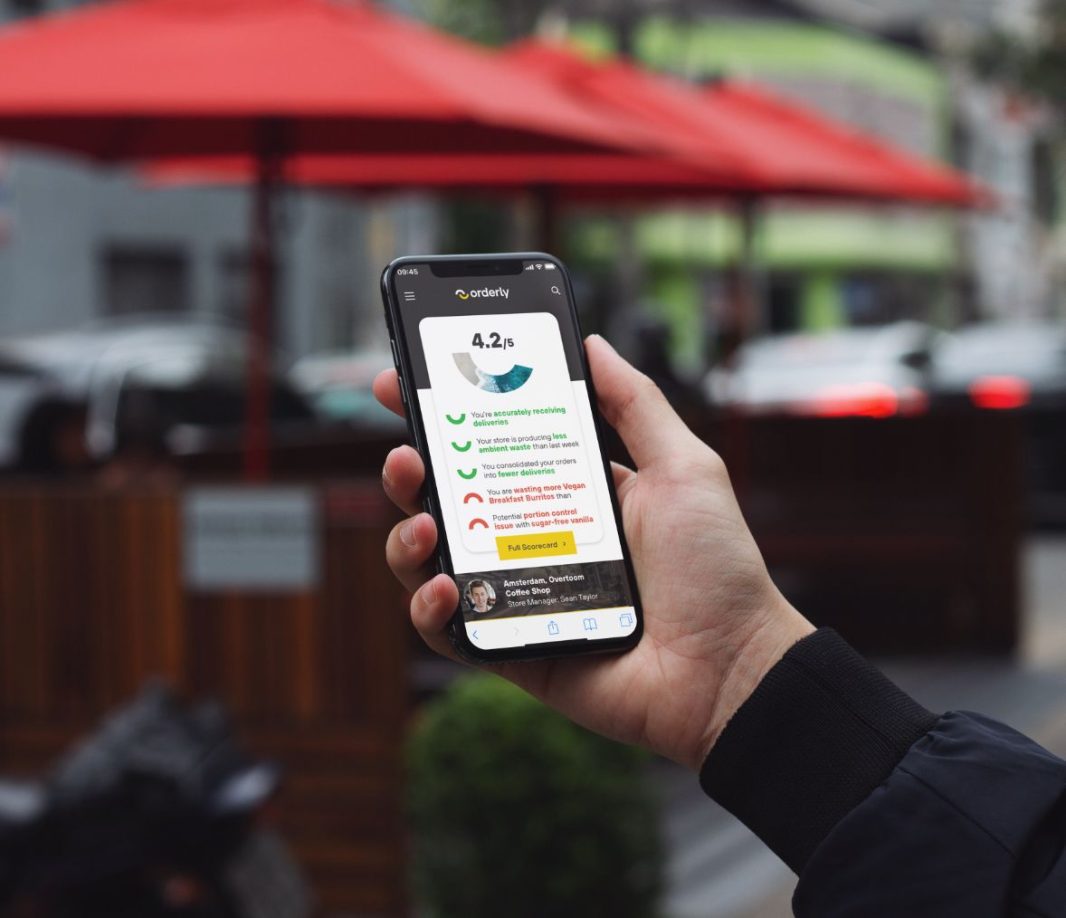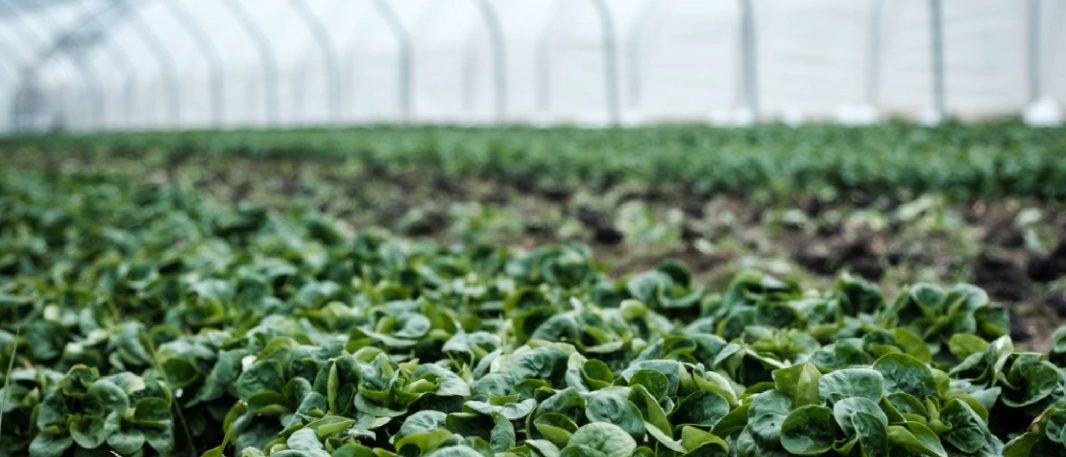Over the last two years, it has been almost impossible to ignore the meteoric rise of Bitcoin and other cryptocurrencies. Although these advances are essential, the Blockchain technology that underpins them holds the most weight here.
Similar to a massive Excel spreadsheet that millions of people are all working on simultaneously, Blockchain can be said to be a consensus. A trusted shared ledger would be a good analogy. While Blockchain addresses can help store Bitcoin, there is no reason they cannot hold a property deed or scheduled maintenance.
Since Blockchain is the next big thing in technology, its applications are being reviewed by various fields and businesses. As a result, intellectual property rights and patent systems are set to strengthen, the supply chain shall be more transparent, and digital identification will improve food safety.
Let’s explore this in detail.
Significant Project Management Optimisation
Project management is one of the areas where new technology has the most significant impact. With smart contracts, all moving pieces — from supply ordering to timber ordering to architects and development managers — are brought together on a single Blockchain.
A smart contract necessitates minimum intervention. Automatic answers to specific milestones can trigger further automated activities, decreasing management workload within the constraints of the contract.
If these smart contracts were placed in a private Blockchain that governs the entire process of a large restaurant rollout, they would provide unprecedented transparency and convenience, resulting in a minor development team and more efficiency. With Blockchain, project management software would no longer be necessary, saving time and money.
There are no expensive consultants needed to work out complex algorithms with Blockchain. You can do it yourself. To use it, all you got to do is learn the basics of Blockchain technology.
A Brief Overview of Restaurant-Based Blockchain Applications:
1. Waste Management
Although all food source vetting procedures are in place, the produce can get damaged or spoiled in a short period. Mishandling, storage, and transportation concerns all contribute to this significant loss. As per the UN Food and Agriculture Organisation, approximately 14 per cent of the world’s food turns to waste before reaching the supply chain.
Critical data from the Internet of Things (IoT) and cloud analytics help with algorithms based on consumer and agricultural technology to predict the freshness of food from the farm to the kitchen.
Now, false claims of freshness can no longer exist because of the immutability and integrity of Blockchain data. In addition to boosting restaurants’ bottom lines, reducing food waste can help alleviate world hunger, lower agriculture’s heavy carbon footprint, and enhance water use.
2. Distributor Assessments
The food-service sector relies on strong ties with its suppliers. Food dealers range from tiny farms to international corporations, so managing these partnerships may be expensive and time-consuming. Plus, mitigating the risk of working with more than 1,000 third-party suppliers can be difficult for large corporations. Firms can use Blockchain to check transactions and compliance to generate internal in such cases.
But, how can you know which suppliers are using the best products?
Companies can compile a list of Tier 1, Tier 2, and Tier 3 suppliers for internal practice and assessment. Vendors might also readily post ratings and reviews on the Blockchain, creating a two-way process.
3. The Application of NFTs
Initially, Non-fungible tokens (NFTs) gained traction in the field of digital art. Today, it’s a high-stakes win for food enthusiasts and collectors to claim ownership of a one-of-a-kind digital commemorative token or recipe from a famous chef or world-renowned restaurant.
4. Utility Tokens
Restaurant loyalty programs and creative marketing methods can be amplified using Blockchain technology. Just like using specific restaurant gift cards, Blockchain utility tokens can be leveraged at any establishment.
In a loyalty promotion strategy, utility tokens strengthen the restaurant’s brand and may be associated with additional perks, such as digital prizes for repeat guests. They are best suited for ardent eaters and long-term clients who value the privilege of semi-exclusive payment options.
5. Traceability
The food-service sector relies on strong connections with its suppliers, yet it can be expensive and complicated when dealing with a diverse range from small farms to large conglomerates.
Blockchain speeds up the screening process and automates risk assessments by putting food producers and purchasers together on a single platform.
Providers can now use this technology to solicit ratings and evaluations from their customers to determine their worth. Blockchain technology can further mitigate the chances of fraud entirely with third-party verification methods and credibility assessment.
Applying Blockchain to Your Business
Blockchain technology will be embraced by the majority of food processors in the future due to the many enterprises that are already experimenting with this new technology, which will further strengthen its capabilities and make it more economically viable.
Bringing this technology into the mainstream of food processing requires collaboration among food processors, supply chain participants, government agencies, and IT professionals.







